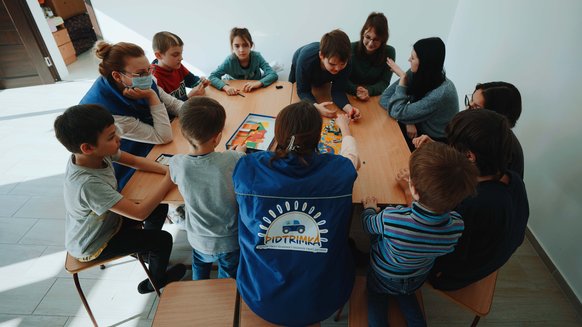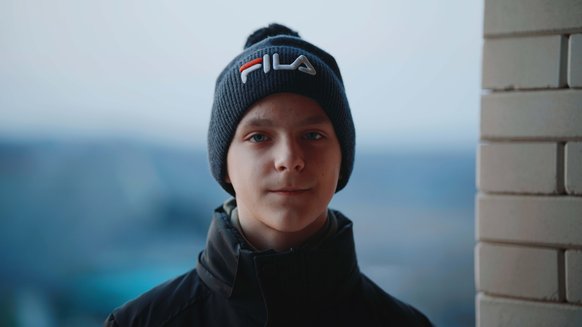“Helping the Helpers” – Inside Our Ukraine Response
April 13, 2022
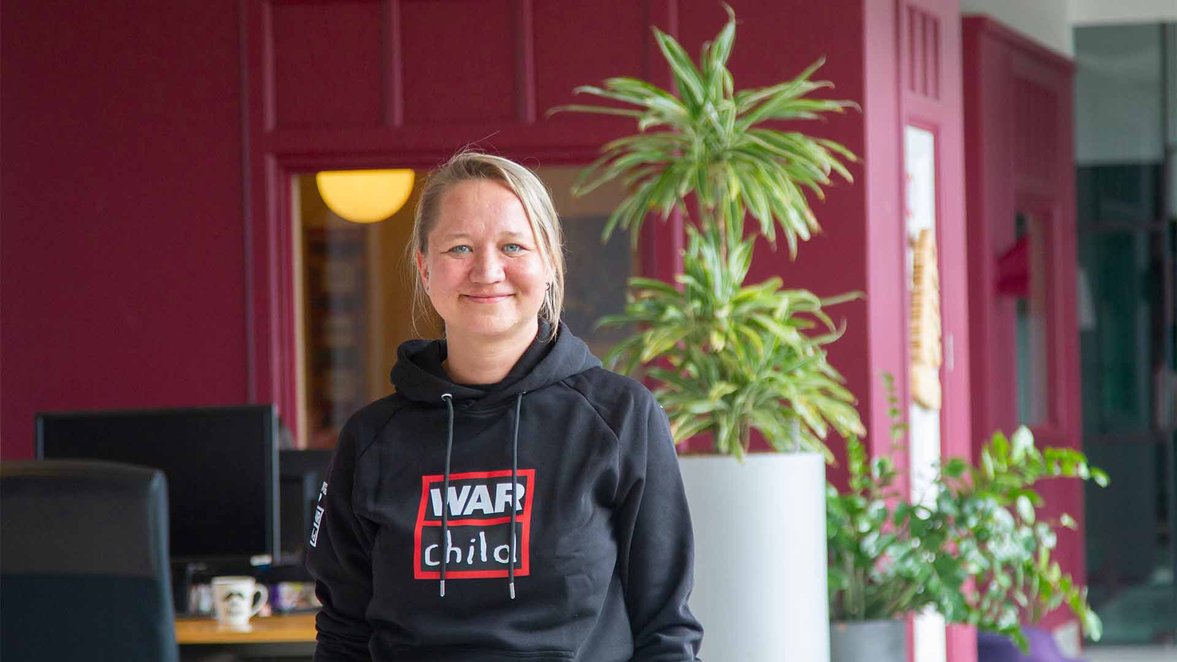
Sleepless Nights
It’s the call no child protection officer wants to receive - that your support is urgently needed. More than 4.3 million have now fled Ukraine due to the ongoing invasion - around half of whom are children.
Despite the solidarity shown to refugees by neighbouring countries, that doesn’t stop our Child Protection Specialist Marianna Närhi from losing sleep. “I worry that not all the individuals with vans picking up exhausted women and children are doing so for the right motives”, she says. “I have nightmares about that.”
Exploitation Risk is High
Her concerns are validated in a joint report by UNICEF and the Inter-Agency Coordination Group Against Trafficking (ICAT). It concludes that children fleeing the war in Ukraine are at heightened risk of trafficking and exploitation.
Having spent three years (2011-2014) as a child protection officer in Ukraine, Marianna needs no reminder. She and fellow War Child specialists have responded to appeals by frontline workers in Moldova and Romania for support in identifying children at risk of abuse or in need of mental health services.
“We are combining forces with partner organisations to support not only displaced children, but also their parents and caregivers”, she explains.
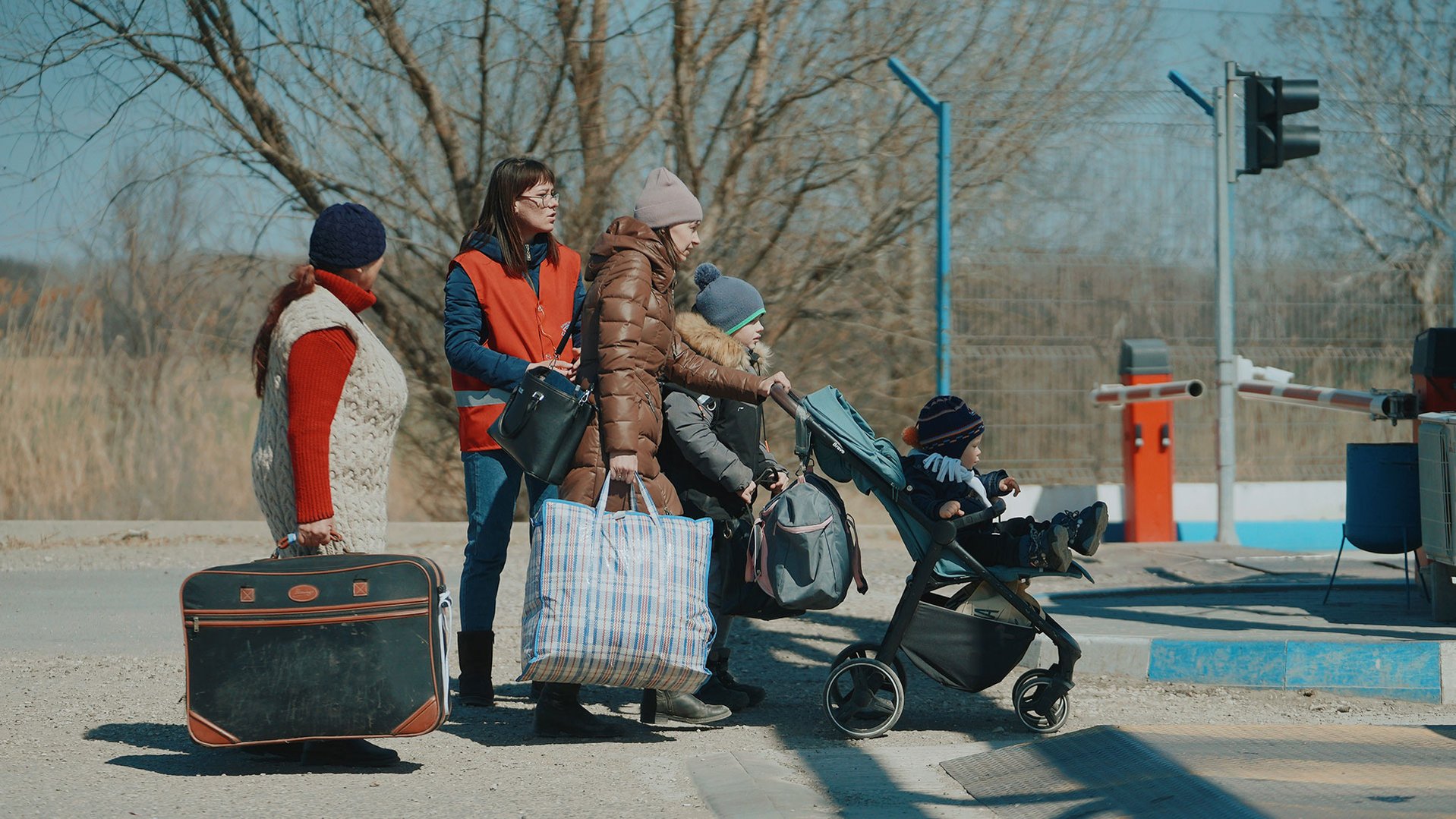
The vast majority of refugees fleeeing Ukraine are women and children.
Photo: Michael Jessurun
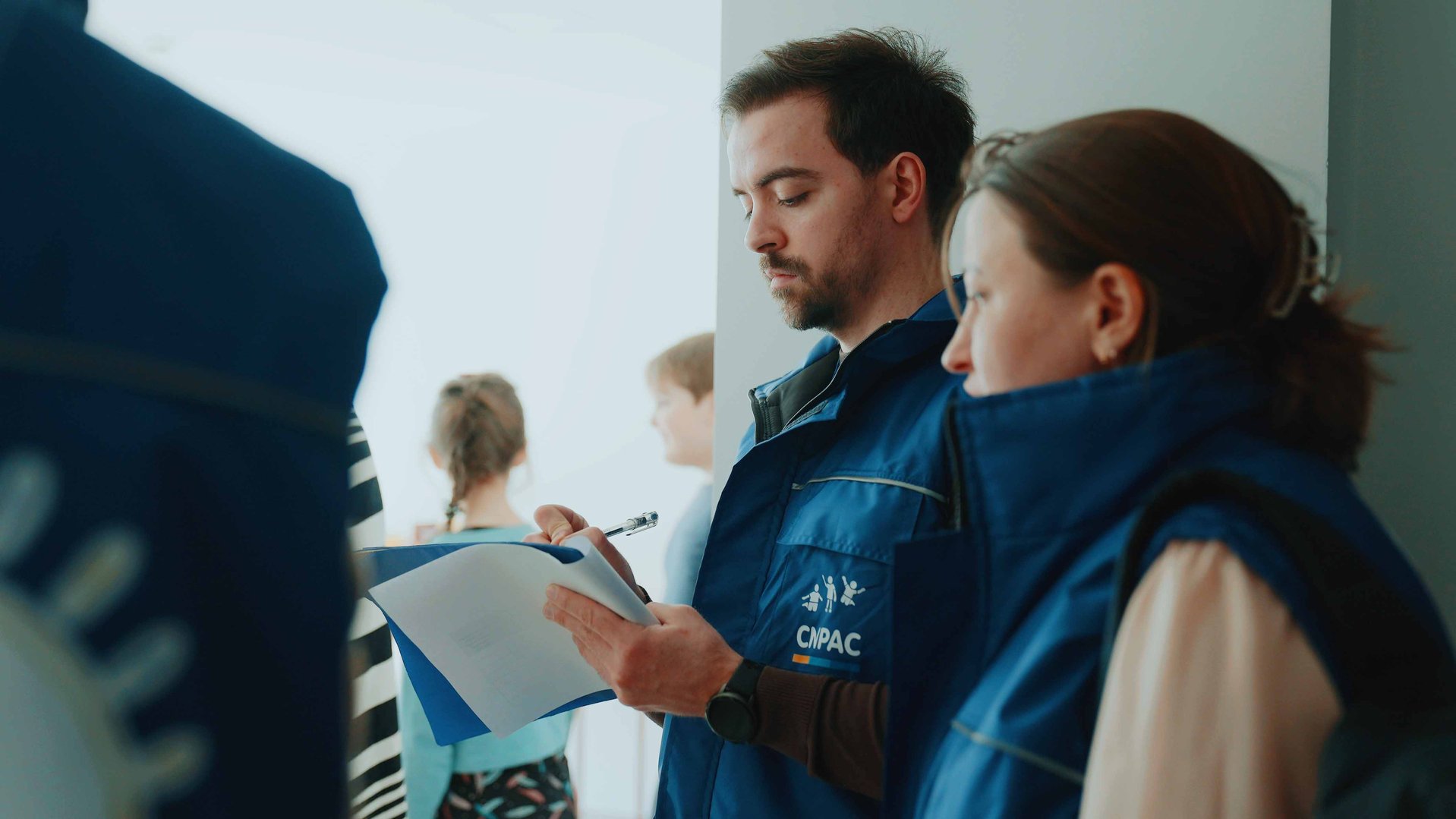
The psychological first aid team engages with children and provides practical information to parents.
Photo: Michael Jessurun
Distressing Events
Marianna warns that the profile of refugees fleeing Ukraine is changing. “The first wave of refugees included those with resources to pay for hotels or rented accommodation. Now, we are seeing the more vulnerable - pregnant women, people with disabilities, unaccompanied children - enter Moldova and neighbouring countries. “In addition, these people are much more likely to have experienced extremely distressing events.”
War Child has already provided online training – in both child protection and mental health and psychosocial support in emergencies – to more than 100 frontline workers. Now, we are providing technical support in person, and adapting based on the changing context. “The demand is so high and the frontliners are already so stretched, that we are looking at ways to make the trainings shorter, simpler and faster”, says Marianna.
TeamUp activities - designed to boost children’s psychosocial resilience through play and social connectedness - will also be adapted for emergency use.
Working around the Clock
Marianna says War Child’s aim is not to place an extra burden on aid workers already working around the clock. “No-one is the expert in someone else’s life. We provide tips and best practices based on other contexts and emergencies as well as our research and data-led interventions to help local organisations do the job best. To protect children we also need to ‘help the helpers’”, she says.
In support of this statement, War Child representatives have been on the ground in Moldova and Romania assessing needs and meeting with local organisations. These assessments seek to identify the needs of refugees and child-focused NGOs operating in and around Ukrainian borders.
